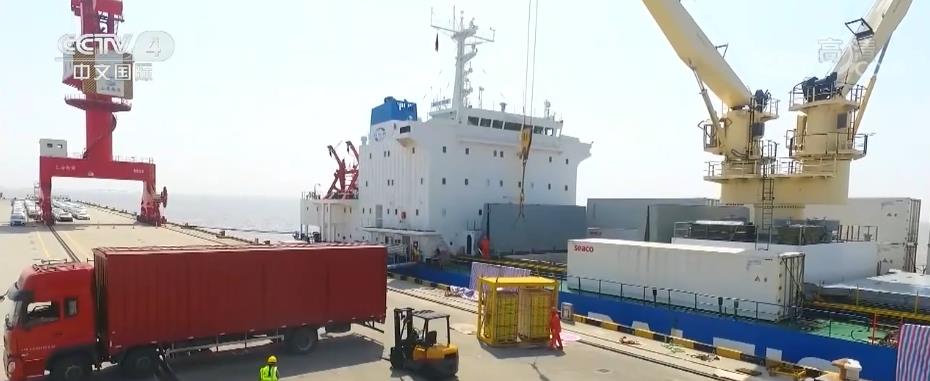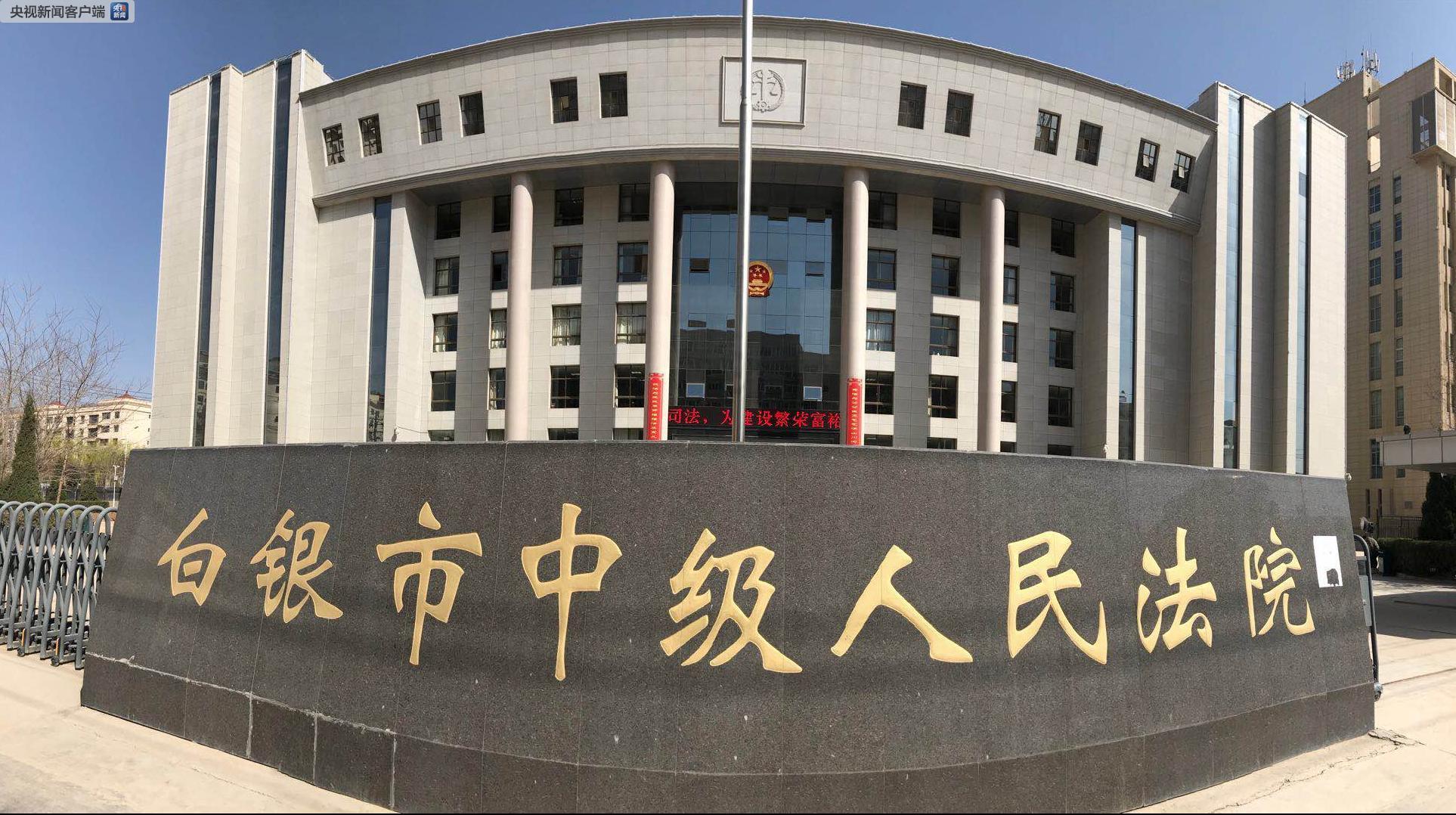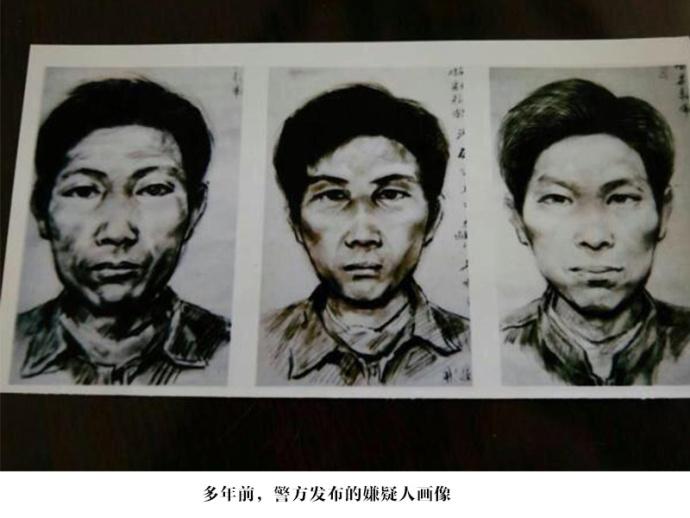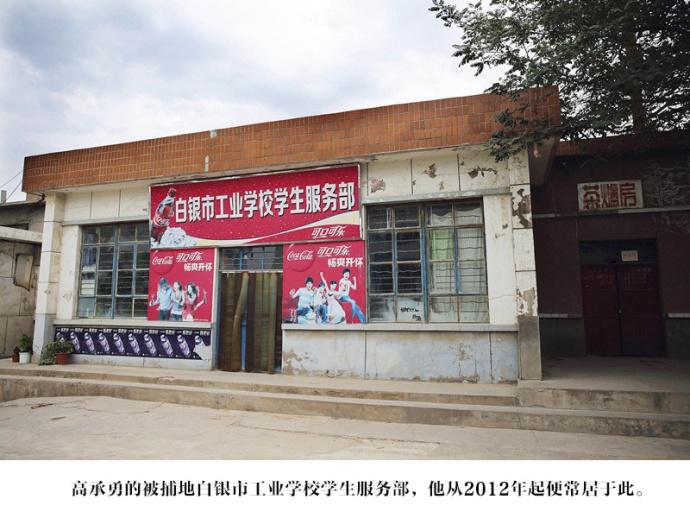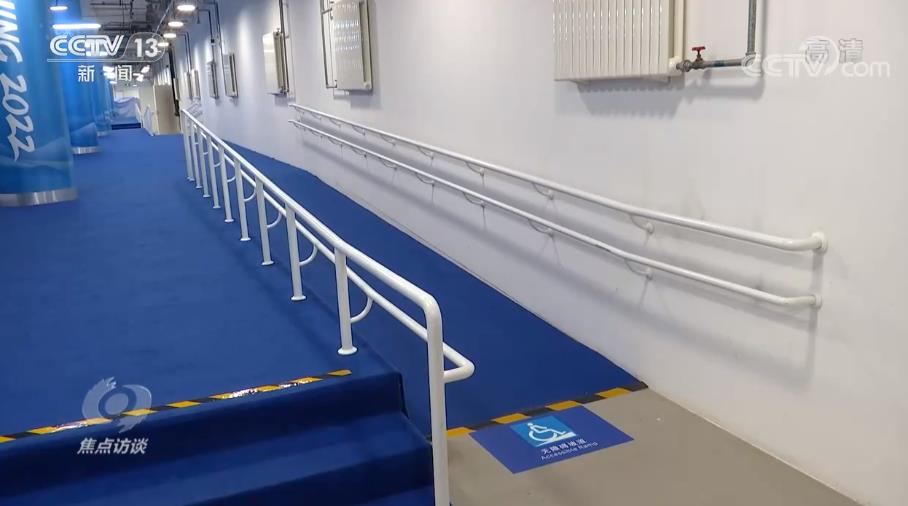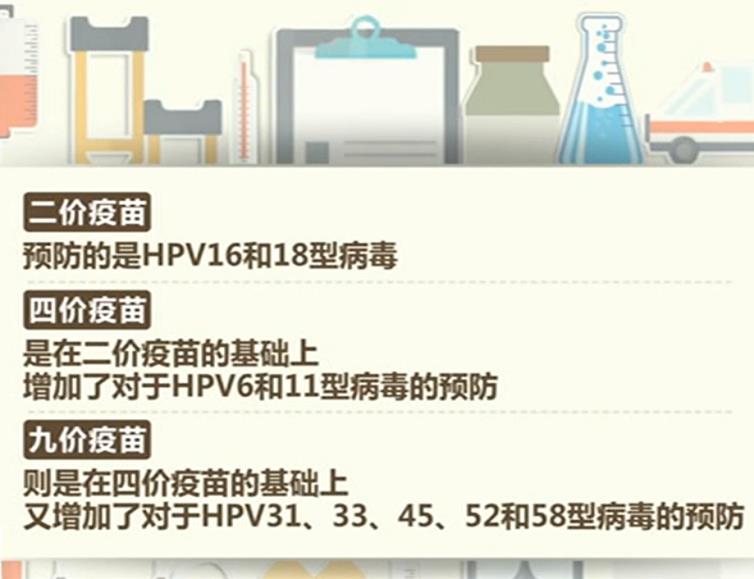County (city, district) people’s governments and units directly under the municipal government:
The "Interim Measures" of Wenzhou urban construction waste disposal management have been approved by the municipal government and are hereby printed and distributed to you, please follow them carefully.
Wenzhou Municipal People’s Government Office
December 31, 2020
(This piece is publicly released)
Interim Measures for the Administration of Consumption and Disposal of Construction Waste in Wenzhou City
In order to further strengthen the management of urban construction waste consumption and disposal, standardize the order of construction waste operation, transportation and disposal industry, and comprehensively start the second round of rectification of key issues in the field of construction waste by central environmental protection inspectors, these measures are formulated in accordance with the Provisions on the Administration of Urban Construction Waste and the Regulations of Wenzhou Municipality on the Administration of City Appearance and Environmental Sanitation.
I. General requirements
Based on the principle of "reduction, recycling and harmlessness" in construction waste disposal, we will adhere to the diversified consumption methods of construction waste and mud for common development. Relying on the intelligent supervision platform, standardize the management of construction waste disposal industry from the whole process of source output, mid-range transportation and end disposal, investigate and deal with all kinds of illegal behaviors in the industry, establish a long-term management mechanism, and ensure the city is clean and tidy, and the industry is orderly.
Second, the source supervision
(1) Management of transportation enterprises.Urban construction waste transport enterprises should comply with the relevant provisions of the state on cargo transport enterprises, be equipped with specialized management, management, cleaning and technical personnel, encourage existing transport enterprises to carry out scale integration, and set up a number of transport enterprises with no less than 100 closed mechanical devices and no less than 5 ships with a total carrying capacity of no less than 10,000 tons, which will be included in the standardized management of Wenzhou construction waste intelligent supervision platform. Advocate the introduction of large-scale, compliant enterprises to undertake the operation of urban construction waste transportation. Care for and support the healthy development of industry associations, establish and improve industry self-discipline rules, and improve industry self-regulation.
(2) Construction site management.The construction unit needs to implement the special person management of construction waste and the project manager responsibility system. The construction site strictly follows the requirements of the Administrative Measures for the Prevention and Control of Dust Pollution in Wenzhou City, and implements cleaning measures such as setting washing facilities and hardening entrances and exits in the construction site to ensure that the mud accumulated in the body, tires and chassis of transport vehicles is washed clean and sealed before they can leave the site. Strictly implement the electronic triple sheet system for the disposal and disposal of construction waste and the requirements of scanning the two-dimensional code of the transportation vehicle entry and exit permit, and standardize the transportation business.
(3) Requirements for project contracting.The construction unit needs to contract out the transportation business to the compliant construction waste transportation enterprises, implement the construction waste mud disposal site of the project in advance, and formulate the construction waste disposal plan of the project, including the amount, type, transportation mode, transportation unit, disposal location, transportation time and emission reduction measures of construction waste.
The housing and construction department will improve the credit evaluation system of construction enterprises, and incorporate the requirements of construction site management and project contracting into the credit deduction mechanism of construction enterprises according to law; Strictly do a good job in the commencement review, and urge the construction unit to implement the construction waste disposal site in advance and formulate the disposal plan.
Third, transportation supervision
(1) Optimize the mode of transportation.Promote the transformation of construction waste from "parallel land and water" to waterway, and reduce the damage to roads and bridges. In principle, the unearthed ecological park projects in Lucheng District, Longwan District, ouhai district and Wenzhou shall be shipped to Oujiangkou and Oufei consumptive field. At present, the project east of Bailou Building in Longwan District can be properly opened for land transportation in combination with the actual situation. The total mass of vehicles transported by land to Oujiangkou Project shall not exceed the limited load of Lingkun Bridge, and the daily average number of vehicles entering the site shall be jointly agreed with the territorial management committee and the bridge management unit according to the on-site transportation dynamics. Cross-regional mud transportation is unified by shipping at Waijiang Wharf.
(2) Management of transfer terminals.The construction muck mud transfer terminal is jointly confirmed by the comprehensive administrative law enforcement, transportation, maritime affairs, public security traffic control and other departments and local governments according to the existing urban construction project distribution, construction muck volume, road traffic order, traffic safety and the influence of surrounding residents, etc., and according to the maximum traffic volume of the terminal and surrounding roads, the management of road sections around the terminal is strengthened to prevent road congestion and ensure traffic safety.
According to the actual situation of outbound transportation of construction muck and mud in urban areas, we should do a good job in dock layout and standardized construction, appropriately increase docks, ships and transit yards, and expand the scale of waterway transportation. The operators of muck mud transfer terminal implement the main responsibilities of enterprises such as safety production and pollution prevention, strengthen the management of vehicle import and export, and implement the registration system of muck waybill according to the requirements of Wenzhou construction waste intelligent supervision platform.
(3) Management of transport vehicles and vessels.Fully enclosed transport vehicles and ships that meet the requirements of relevant standards are unified into the standardized management of Wenzhou construction waste intelligent supervision platform; Open the two-dimensional code of construction waste transportation permit, monitor the trajectory and data of vehicle GPS, ship AIS and video monitoring in real time during the transportation operation, and establish an electronic account for construction waste transportation management, including the quantity, source, destination, means of transportation (vehicle or ship), transportation route and time of construction waste, and carry out closed-loop management. Advocate transport enterprises to install speed limit and load limit devices for muck and mud transport vehicles and ensure their normal operation. Comprehensive administrative law enforcement, public security traffic control, maritime affairs and other departments shall establish and improve the credit score management of construction waste transport units, vehicles and ships, and establish a reward and punishment mechanism.
Accelerate the upgrading of construction waste transport vehicles, formulate vehicle elimination and update plans, issue policy guidance, do a good job in risk assessment, smoothly guide the newly purchased muck and mud transport vehicles of transport enterprises to meet the standards of small loading capacity, short wheelbase, high safety performance and intelligent anti-collision system, and encourage the vehicles with long service life and potential safety hazards to be updated and eliminated in advance.
Fourth, the disposal supervision
(a) the management of consumer places.Large-scale construction waste disposal sites such as Oufei and Oujiangkou reclamation areas must be handed over to enterprises with professional qualifications for daily management of consumption and disposal. Implement dust prevention and dust reduction measures such as road hardening, vehicle cleaning facilities, enclosure, covering and spraying at entrances and exits; Equipped with information supervision facilities such as video surveillance, metering system and intelligent dust detection in the site, set up sentry boxes, road gates and security personnel, and implement closed management. By scanning the license plates and bills in the way of "one car, one ticket, one yard and one pole", the relevant signals and data are entered into the Wenzhou intelligent supervision platform for timely measurement and acceptance registration.
The management unit of the disposal site shall regularly carry out safety inspection on the construction waste yard (body) of the disposal site; Actively cooperate with relevant departments to provide daily work data timely and accurately. The governments of all districts should actively search for disposal sites within their respective jurisdictions, and standardize the management of "sporadic" disposal sites such as improved land, low-lying backfill and projects under construction with reference to the management requirements of large-scale disposal sites in urban areas.
(2) Contract management methods.Cross-regional muck and mud consumption projects will adopt terminal settlement, and the backcourt management unit will sign a tripartite service contract with the construction unit and transportation enterprise.
(3) Approval process.The Administrative Committee of South Zhejiang Industrial Cluster Zone and Oujiangkou Industrial Cluster Zone, in combination with the demand for the disposal of construction dregs and mud in the construction projects under their jurisdiction, regularly provide the acceptable amount of the aftermarket, and hand it over to the municipal level for overall deployment. Combined with the actual situation, the Municipal Comprehensive Administrative Law Enforcement Bureau will timely allocate the consumption to the construction projects in Lucheng, Longwan and Ouhai and the construction projects at the city level. The territorial government scientifically arranges the disposal sequence of construction muck mud within its jurisdiction, gives priority to key projects and livelihood projects, and submits the project list to the Municipal Comprehensive Administrative Law Enforcement Bureau in time, and the Municipal Comprehensive Administrative Law Enforcement Bureau informs the local government (administrative committee) of the disposal site. The implementation of the transport unit and the construction unit, the management unit of the disposal site signed a tripartite contract for disposal, and provided relevant materials for the transportation permit.
V. Law enforcement supervision
(1) Law enforcement of land and water transport.Do a good job in water and land transportation safety supervision and vehicle management of construction waste. Make full use of scientific and technological means such as intelligent supervision platform, intelligent monitoring, vehicle speed limiter, load limiter, vehicle GPS, ship AIS running track, etc., and rectify the industrial chaos such as unauthorized disposal of construction muck mud vehicles (ships) or failure to comply with the approved requirements, stealing and dumping, unclean vehicle capacity, dripping and leaking, breaking the ban, running red lights, exceeding the limit, overloading, speeding, blocking and defacing the number plate, and transporting ships to disturb the navigation environment order.
(2) Joint law enforcement cooperation.Establish a case investigation and prosecution system, timely sort out the relevant information of construction waste transport vehicles, ships and transit terminals that caused major accidents and serious illegal acts, and report to relevant departments to do a good job of "connecting the two methods" and investigate again. Investigate the source of illegality according to law, make a good case plot assessment for cases with serious pollution, bad plot and huge amount, and hand over relevant clues to the public security department in time for serious handling. Intensify the crackdown on illegal activities such as selling plan tickets in the backcourt, and seriously investigate and deal with units and individuals who do not act or act indiscriminately in the disposal of construction muck and mud.
The transport unit shall promptly go to the relevant departments for handling when it receives the prompt information from Wenzhou construction waste intelligent supervision platform due to the violation of laws and regulations of construction waste mud transport vehicles and ships. In case of traffic accidents involving dead people, the public security traffic control department shall, jointly with the comprehensive administrative law enforcement department, educate and rectify the enterprises to which the responsible vehicles belong.
VI. Resource utilization
(1) Improve the utilization rate of resources.The construction unit shall reasonably design the construction scheme in combination with the topography of the construction site, outdoor ground elevation, green covering soil thickness, etc., reduce the amount of earthwork excavation, and give priority to using its own engineering muck as backfill material. According to the production and distribution of construction waste in construction projects within their respective jurisdictions, combined with the actual work, the district governments have scientifically and rationally arranged the facilities for recycling construction waste, encouraged to complete the site selection of two construction waste recycling projects by the end of 2020 through leasing, actively introduced relevant enterprises to carry out recycling work, and guided existing new wall materials enterprises to increase the recycling of construction waste, so as to achieve the goal of increasing the refined utilization rate of construction waste by 3% year by year in the past three years.
(2) Formulating support policies.In accordance with the relevant provisions of Wen Zhengfa [2020] Document No.13, the construction waste recycling project will be included in the scope of subsidy support for waste recycling green transformation projects. Housing, construction, natural resources and planning, finance, letter, taxation and other departments should study and formulate supporting policies for the recycling of construction waste in our city, highlight the dominant position of enterprises, increase preferential treatment, form a complete policy support system, actively cultivate and expand the recycling industry of construction waste, do a good job in the preparation and implementation of relevant technical guidelines for the recycling of construction waste, and promote the recycling work in an orderly manner.
VII. Division of responsibilities
Municipal comprehensive administrative law enforcement bureau: responsible for the overall coordination, supervision and guidance of the management of construction waste disposal; Responsible for the approval and examination and approval procedures for the cross-regional consumption of urban construction muck mud; Improve the access system of construction muck and mud truck transport enterprises; Investigate and deal with illegal acts such as vehicles not approved or not disposed of according to the approved requirements, unclean vehicle capacity, dripping and leaking, dumping and stacking construction waste at will in land transportation of construction waste.
Municipal Housing and Construction Bureau: implement source control and standardized management on construction sites; Standardize the management of mud residue transportation and mud solidification on the construction site; Guide all localities to accelerate the utilization of construction waste mud as resources.
Municipal Transportation Bureau: responsible for the supervision of the construction waste transfer terminal; Responsible for the supervision and guidance of the technical transformation of the existing terminal loading and unloading technology and the reconstruction and expansion of the terminal; To undertake the law enforcement work of over-limit transportation of urban highway construction waste transport vehicles.
Traffic Management Bureau of the Municipal Public Security Bureau: responsible for investigating and dealing with construction waste vehicles and personnel who violate traffic regulations, such as breaking the ban, running red lights, overloading, speeding and blocking defaced number plates; Do a good job in market access guidance for construction muck and mud transport vehicles.
Municipal Natural Resources and Planning Bureau: carry out marine ecological early warning monitoring, risk assessment and hidden danger investigation and management; Exercise the administrative law enforcement of illegal reclamation and illegal occupation of sea areas by construction waste (after being entrusted with law enforcement matters, be responsible for supervising the implementation of entrusted matters); To provide policy support for the land use of construction waste mud resource utilization projects in various places.
Municipal Bureau of Ecology and Environment: responsible for the ecological environment protection of marine pollution damage caused by dumping wastes at sea; Exercise the administrative law enforcement of island and marine ecological environment protection (be responsible for supervising the implementation of the entrusted matters after being entrusted with law enforcement matters).
Municipal Bureau of Agriculture and Rural Affairs: After being entrusted by natural resources, planning, ecological environment and other departments, it will exercise comprehensive maritime administrative law enforcement related to construction waste according to the entrusted matters.
Wenzhou Maritime Safety Administration: responsible for the registration of ships carrying construction dregs and mud on water, on-site supervision of ships, and investigation of violations of maritime laws and regulations.
District governments and functional area management committees: they are the main bodies responsible for the management of construction waste disposal within their respective jurisdictions, and are responsible for planning, setting up and managing the construction waste disposal sites within their respective jurisdictions, doing well the site selection and project landing for the resource utilization of construction waste within their respective jurisdictions, and encouraging the development of different disposal channels.
VIII. Others
In the management of urban construction waste disposal, units or cadres who dare to take responsibility and make mistakes in the process of performing their duties impartially in order to ensure the promotion of key projects and key projects in our city, shall be appropriately protected.
All relevant departments and district governments (administrative committees) should open channels for letters and visits and set up special complaint hotlines:
Comprehensive administrative law enforcement: 96310
Transportation: 88600128
Public Security Traffic Management: Lucheng District: No.1 Brigade: 88551116, No.2 Brigade: 88690122
Longwan District: No.3 Brigade: 86351381
Ouhai district (Ecological Park): No.4 Brigade: 86287000
Economic Development Zone: No.5 Brigade: 88568110
Wenzhou Maritime: 88150000
Rural agriculture (fishery): 88298190
Ecological environment: 88362963
Natural resources and planning: 88368000
These Measures shall be implemented as of February 1, 2021, and counties (cities) shall refer to them.
Attachment: 1. Urban construction waste transfer terminal information. pdf
Urban construction waste transfer terminal information. pdf
2. Information on large-scale construction waste disposal sites in urban areas. pdf
Information on large-scale construction waste disposal sites in urban areas. pdf
3. Approval process for cross-regional consumption and disposal of construction waste. pdf
Approval process for cross-regional consumption and disposal of construction waste. pdf
4. Construction waste disposal supervision process. pdf
Construction waste disposal supervision process. pdf
5. Tripartite Contract for Waste Soil Disposal in Wenzhou (Template). pdf
Tripartite Contract for Waste Soil Disposal in Wenzhou (Template). pdf
6. Schematic diagram of urban construction waste transportation route. pdf
Schematic diagram of urban construction waste transportation route. pdf


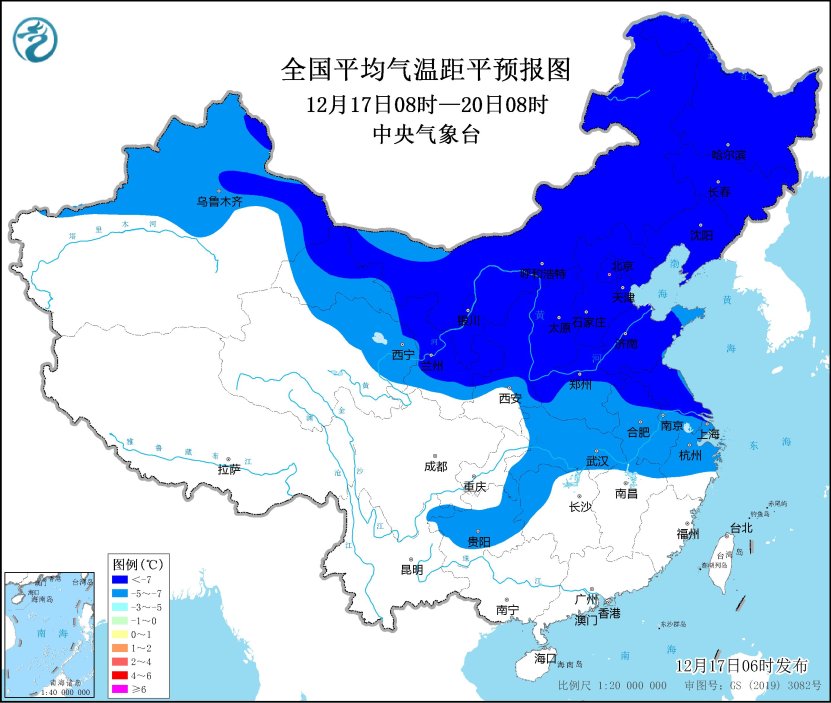
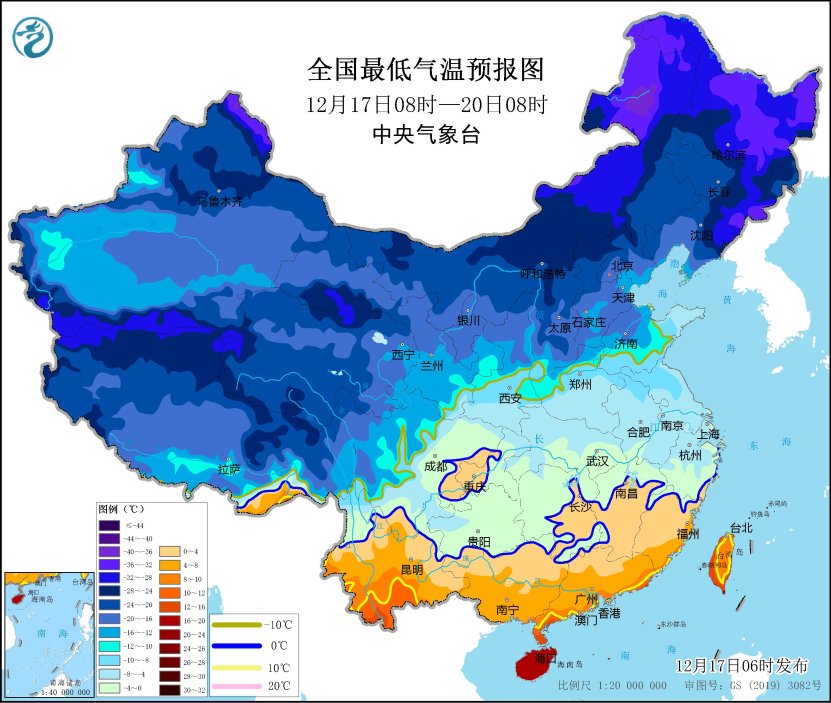
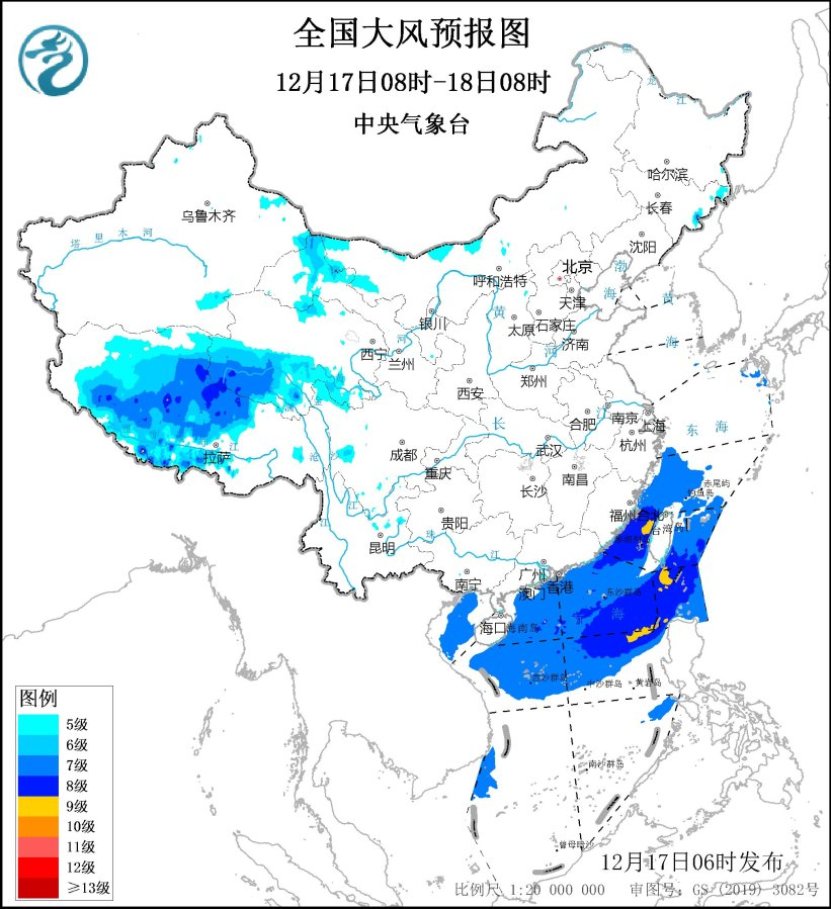
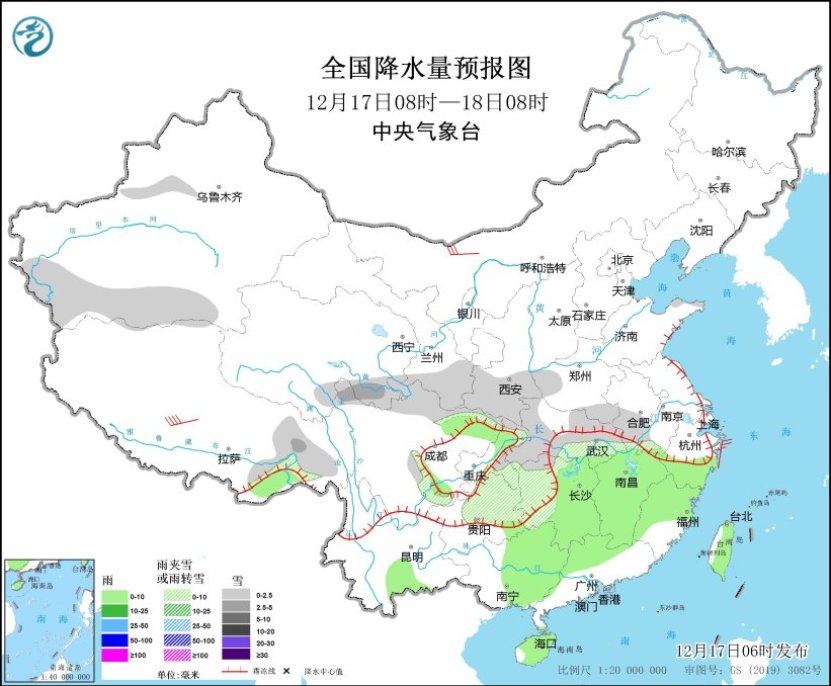
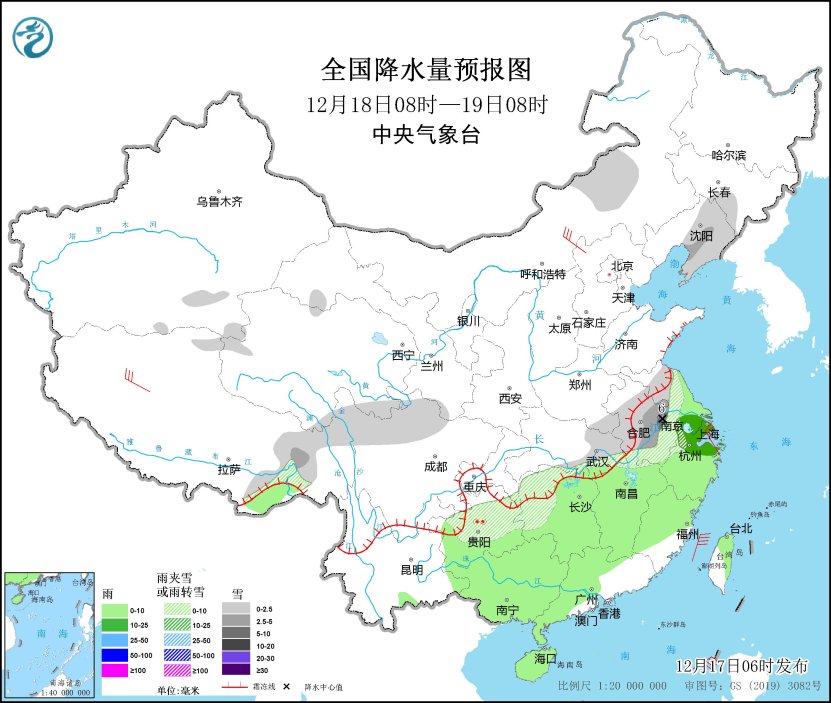









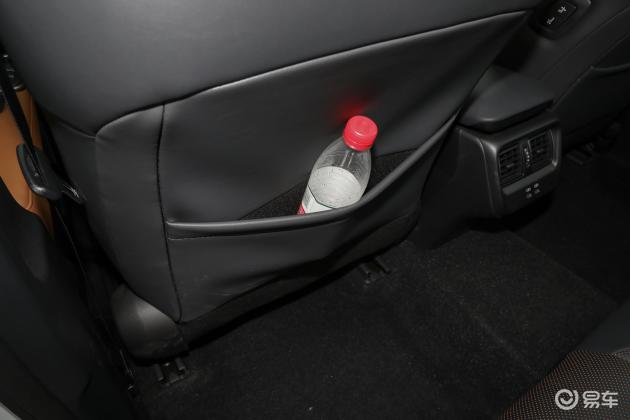

 Urban construction waste transfer terminal information. pdf
Urban construction waste transfer terminal information. pdf
